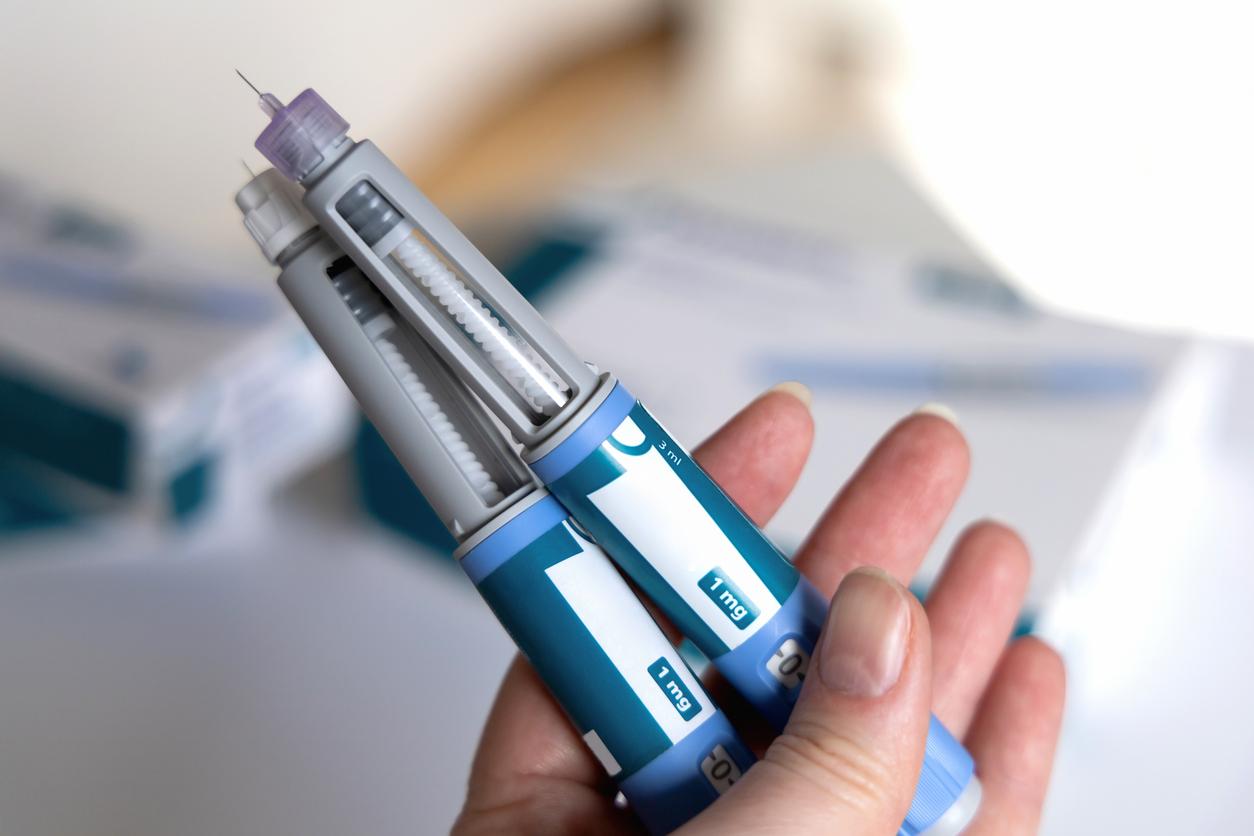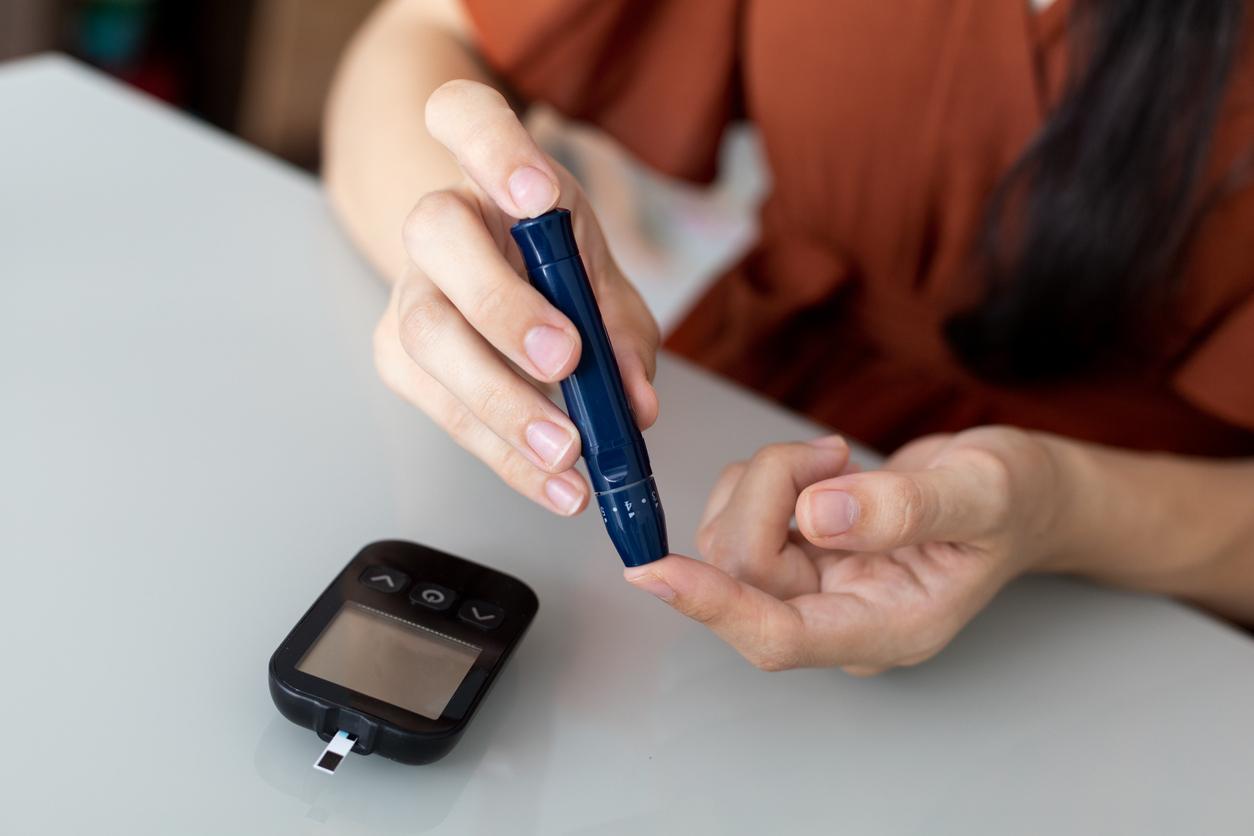the type 1 diabetes is characterized by the loss of certain cells in the pancreas (β cells) that produce insulin. It is a disease that affects around 30 million people worldwide and reduces the life expectancy of those affected by it, from 5 to 8 years. It is in this context that researchers from Inserm’s “Diabetes genetics” team are working on the development of methods that would allow the cells that produce insulin to be regenerated.
By working on transgenic mice, these Inserm researchers have revealed that it is possible to transform beta cells into insulin-producing cells, by activating a gene (called Pax 4) in the cells of the pancreas.
“This work shows that the pancreas has an inexhaustible source of cells that can replace β cells lost due to type 1 diabetes. We have also shown that all pancreatic β cells can be regenerated at least three times by this mechanism. »Explains Patrick Collombat, Inserm research director and main author of the study.
This promising work obtained in mice suggests that the pancreas could regenerate several times the β cells lost in type 1 diabetics. Researchers are therefore now working on the possibility of launching this regeneration of cells using a drug. The next step is to check that this regeration also works in humans.

















